Already a subscriber? Activate your premium account
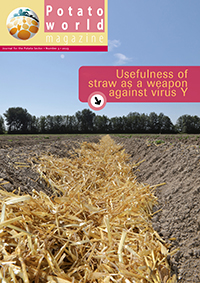
Potatoworld Magazine
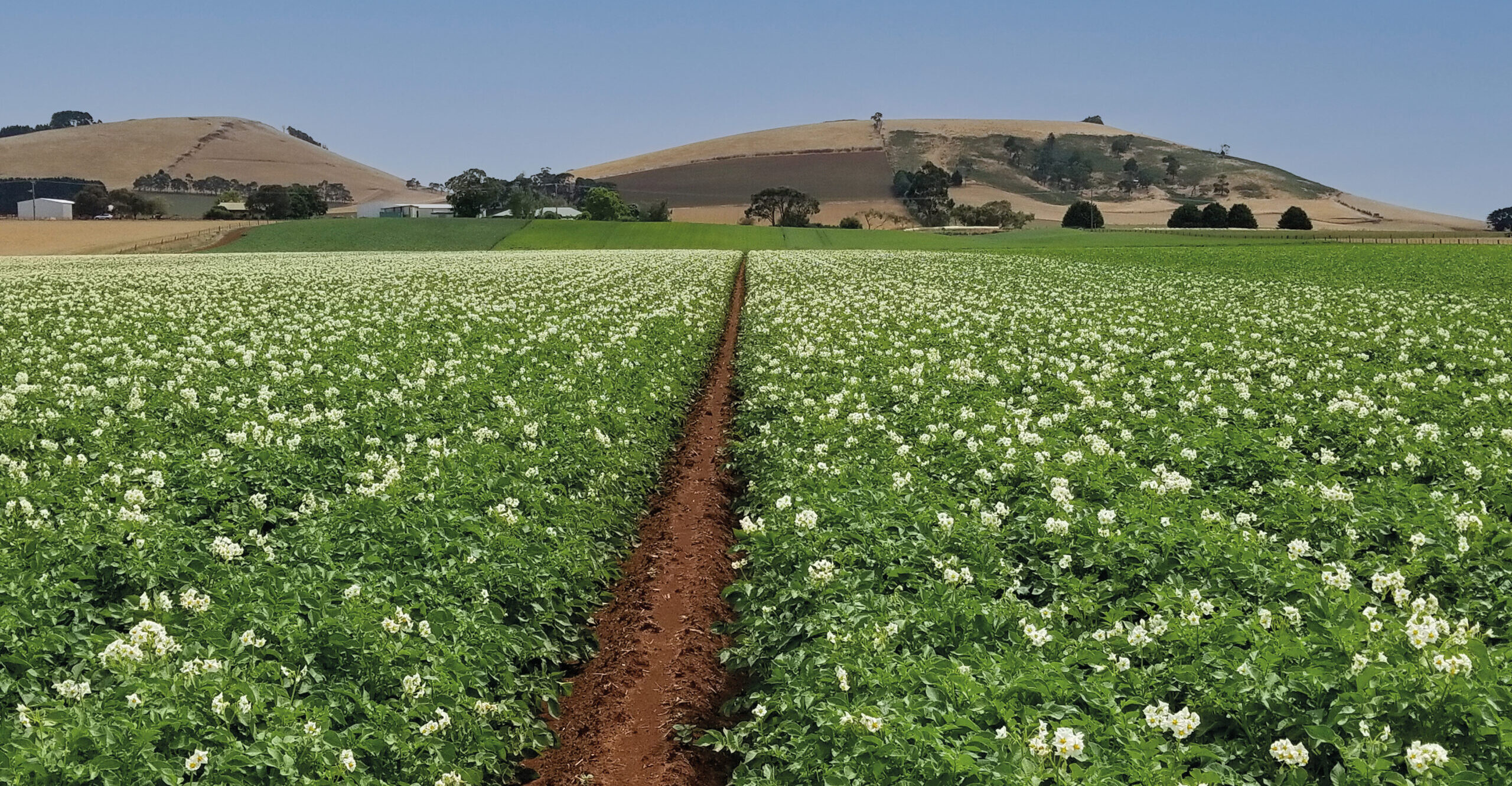
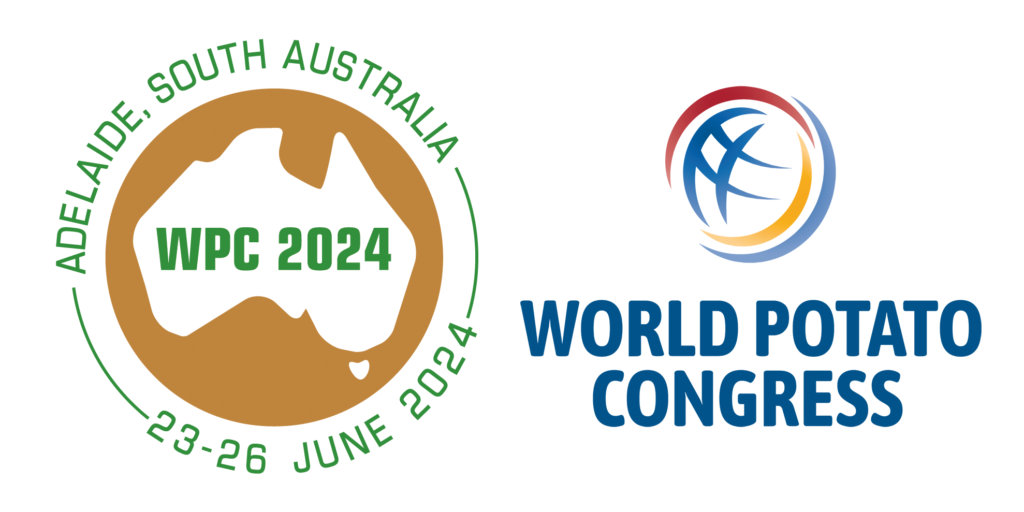
The 12th World Potato Congress, held from 23-26 June 2024 in the Australian city Adelaide, marks a pivotal moment for the global potato industry. ’Beyond the opportunity to showcase the excellence of the Australian potato sector on the world stage, this Congress aims to catapult potatoes into the spotlight as a compelling, nutritional and health-conscious food choice, both domestically and internationally’, the Australian organisers share.
’Come on down and say G’day’, invites Nigel Crump. Dr Crump, who wears various hats including Acting Chair of Potatoes Australia, General Manager and Principal Scientist with the Australian Seed Potato Industry Certification Authority, and co-organiser of the World Potato Congress 24, invites potato professionals from all over the world to participate in the Congress that will be held in the city of Adelaide from 23-26 June 2024.
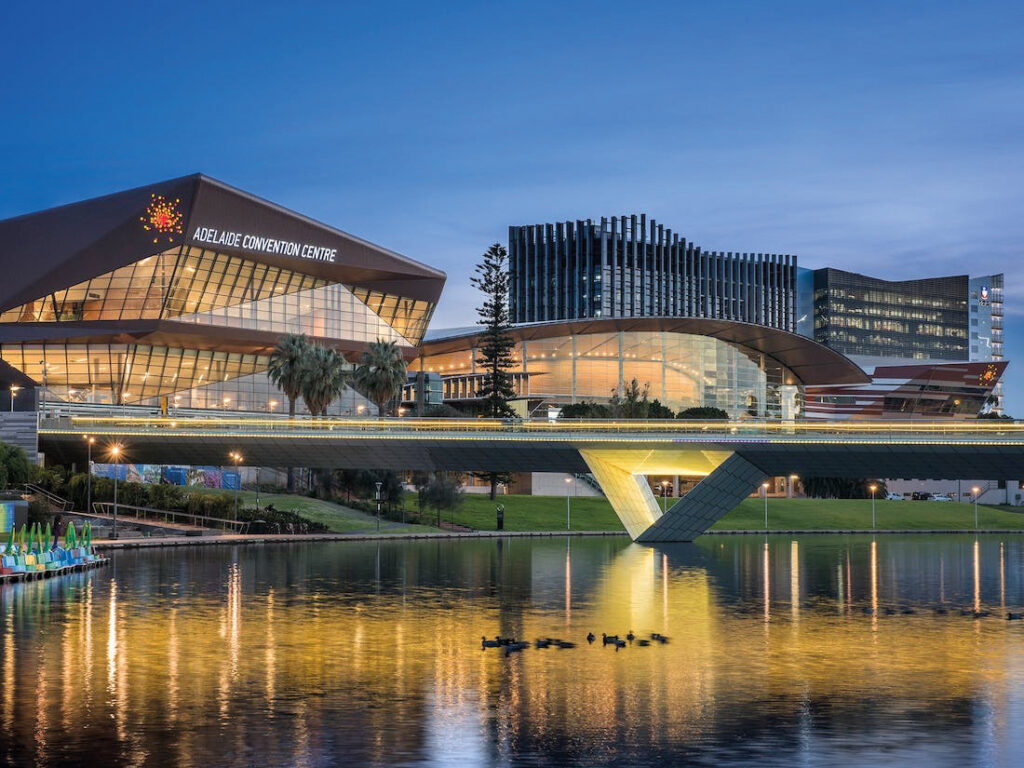
Potatoes are the largest horticulture industry in Australia in terms of production volume, and the largest vegetable industry in terms of production value. The yearly potato production is 1.4 million tonnes, shares Crump, and the total value has passed the 1 billion Australian dollars mark. The majority of potato production in Australia is based in South Australia (38%), Tasmania (24%) and Victoria (21%), with lower volumes produced in New South Wales (8%), Western Australia (5%) and Queensland (4%). With 65% of the production focused on processing, this is the biggest market, followed by 32% of fresh production for the domestic market and 3% for fresh export. The yearly potato consumption of the 24.5 million inhabitants is 18 kilograms per capita. In total there are approximately 832 growers and 40 processors. Australia’s various climate zones allow farmers to grow and harvest potatoes year round. From the subtropical regions in the north, to the semi-arid grasslands, Mediterranean climates, and cool temperate zones in the western and southern reaches of the country, the regional diversity in potato cultivation offers a vivid illustration of Australia’s unique environment. Each potato-growing region faces its own set of challenges. As Australia is known for its unpredictable weather and relatively nutrient-poor soils, growers across the nation have overcome a myriad obstacles to ensure a steady supply of fresh, processing, and seed potatoes for both domestic consumption and international export. While potato farming is widespread across the country, South Australia, Tasmania, and Victoria collectively account for the majority of Australia’s potato production. In South Australia, large-scale producers – many of which lie in the Mallee district, a semi-arid zone in the state’s northeast – focus on fresh potatoes, with approximately 25% earmarked for processing. South Australia’s production is regionally focused, with each area catering to distinct market segments. Remarkably, potatoes are grown throughout the Australian summer, where maximum temperatures often average over 30oC.The island state of Tasmania, in the country’s far south, is the coolest of Australia’s potato growing regions, where around 90% of potatoes are cultivated for processing, primarily in the north-west and north-east regions. The state also places a strong emphasis on fresh and seed potato production, which is essential as strict bio-security protocols prohibit the entry of fresh tubers into the state. Victoria, Australia’s most densely-populated state, also plays a pivotal role in processing, fresh, and seed potato production.
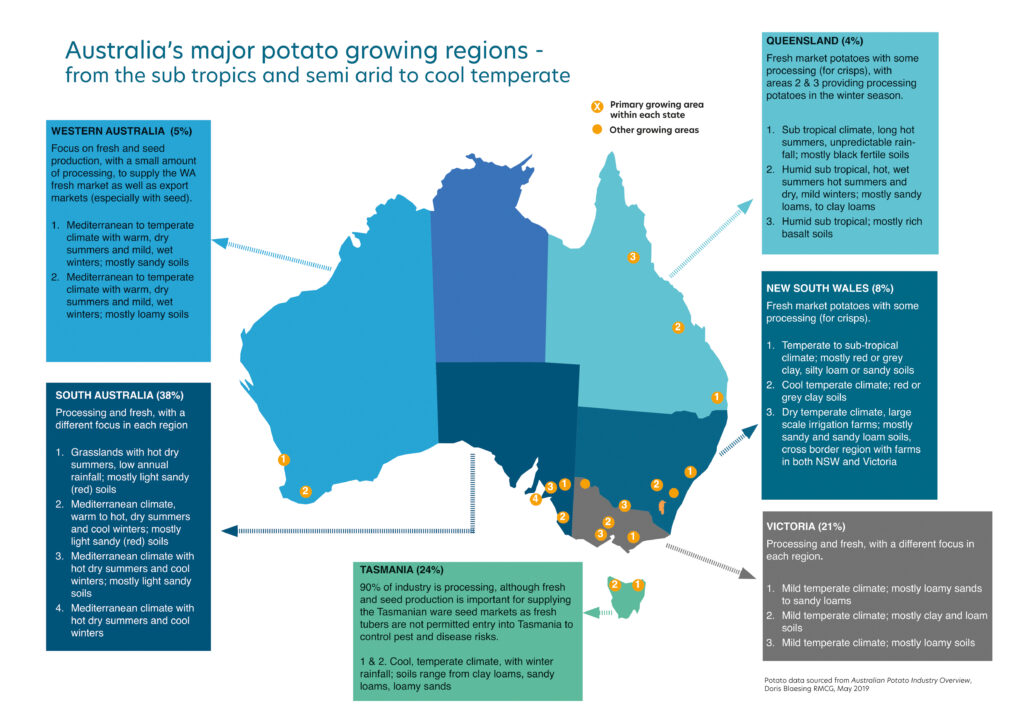
If necessity is the famed mother of invention, Australia provides the perfect canvas for such innovations. The unique landscape, diverse climates, and soil types make Australia an ideal testing ground for new equipment and techniques. Innovations that succeed in Australia’s varied growing regions have a high likelihood of success anywhere in the world. In this dynamic environment, the potato industry has provided a fertile testing ground for new methods and technology. The Australian potato industry relies on practical experimentation and experience, covering precision agriculture and irrigation techniques suited for semi-arid regions, as well as pest and disease management strategies tailored to the absence of frost during winter. Solutions cultivated in Australia are not confined to that continent. What succeeds in these diverse growing regions is often transferrable to similar challenges worldwide. Australian potato growers have become pioneers in the field, testing, and refining methods that can benefit farmers on a global scale. Whether it is the development of drought-resistant potato varieties or the implementation of sustainable farming practices, these innovations are born out of the resilience and adaptability of Australia’s potato industry. The Congress in June will be an excellent opportunity for delegates to explore the methods and practices adopted by the potato sector in adapting to these challenges.

The World Potato Congress has held many high level events over the past 30 years. In 1993, the first World Potato Congress (WPC) was held in the Canadian province of Prince Edward Island, explains Ellen Kouwenberg, WPC Executive Director. ’This first Congress became the launch pad for what has become 30 years of triennial congresses and trade shows, providing networking opportunities to potato industry representatives from around the world. In its current governance format, the WPC functions as a non-profit organisation, with 10 elected volunteer directors from around the globe. The WPC Board of Directors receives additional guidance from a group of eight elected International Advisors, who are respected by the board as having a finger on the pulse of the potato industry within their regions of the world. As we look back on this thirtieth anniversary, we see how the WPC has evolved into much more than just holding the (now biennial) congress. Recognising that the potato is the third most important food crop globally, it is feeding communities and providing much needed income for farmers across all nations. Over the years, partnerships between WPC and various countries and non-governmental organisations (NGOs) have been formed to collaborate on addressing food security issues. These relationships include the bringing together of global knowledge, resources and expertise, which in turn provides educational opportunities in such areas as seed production, pest and disease management, and the potato value chains. WPC, under the initiative of the Declaration of Dublin and in concert with its Platinum Sustaining Partners, has also added scholarship opportunities for delegates to attend the Congress. Success stories are shared on the WPC website and include outreach to Ethiopia, China, The Philippines, Kenya, Peru, and more. Through additional initiatives by the Irish Aid organisation, funding was offered for over 40 delegates to attend the 2022 Congress in Dublin, Ireland. WPC President Peter VanderZaag notes that ’Fostering partnerships allows the combining of experiential, communications and financial resources to assist in our goal of greater food security for those vulnerable environments caused by war, climate change or other extraordinary circumstances. We are not just engaging the NGOs, we are engaging a group of Sustaining Partners whose funding provides support to these global issues being addressed by the WPC.’
’As we look ahead to the next Congress and trade show, the WPC is excited to see the programming coming together for Adelaide, Australia in June, 2024. The planning and programming has been ramping up for this event over the past few weeks, and is expected to include a full two days and an array of post-congress industry tours through the South Australia potato country’, emphasises Kouwenberg.
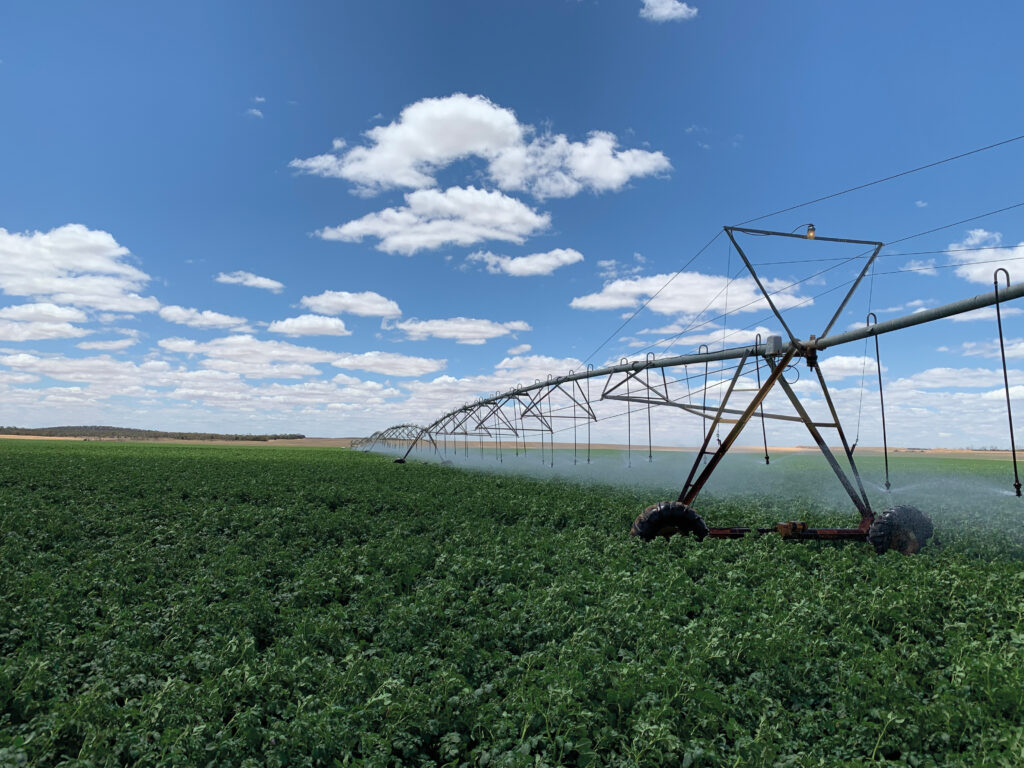
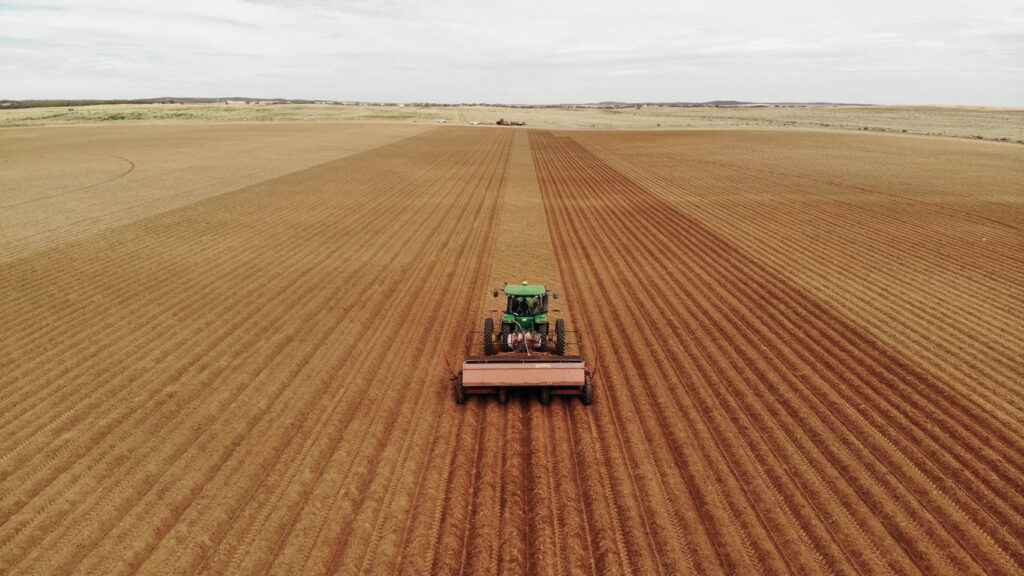
This year the 12th congress is being organised in the beautiful city of Adelaide, by Potatoes Australia. This potato organisation was established in 2021 to create a strong, national voice for the largest horticultural industry in Australia. It recognises the diverse needs of all potato industry sectors – fresh, seed and processing – and also the complex value chain involved in producing, preparing and marketing high quality produce. Unlike many agricultural and horticultural bodies, Potatoes Australia represents all components of the value chain, in order to achieve meaningful change and progression for the whole of the industry where there are issues or opportunities that impact all participants. Examples include bio-security, market access, consumer demand, and R&D investment decisions. As the leading networking organisation for the global potato value chain, the World Potato Congress has chosen the theme ‘Old World Meets New’ for 2024. ’This theme encapsulates the rich historical legacy of potatoes as a food staple, the cutting-edge innovation and technology applied to their production, and the substantial investments in research and development.’ The focus extends to addressing global changes in sustainability, climate, culture, and population dynamics. As shared by the organisation, the 12th World Potato Congress presents a unique opportunity to not only share knowledge and breakthroughs in innovation but also to enhance industry productivity and sustainability. Crucially, it serves as a platform to review business trends across the global supply chain. Moreover, the Congress will provide a high-level insight into global trade, emphasising the transformation of agrifood systems to ensure food access for the world’s most vulnerable populations. Recognising the increasing interdependency between global trading partners, the Congress underscores the critical importance of transparent, predictable, and rules-based multilateral trade, especially in the face of climate change impacts, particularly water availability and rising energy and fertiliser costs. Globally, potatoes play a vital role in sustaining food security and achieving UN sustainability goals. To meet the Sustainable Development Goal (SDG 2) on Zero Hunger, there is a pressing need for a 28% increase in average agricultural productivity over the next decade, while simultaneously aligning with the Paris Agreement targets on agricultural emissions, a more than triple increase compared to the last decade.
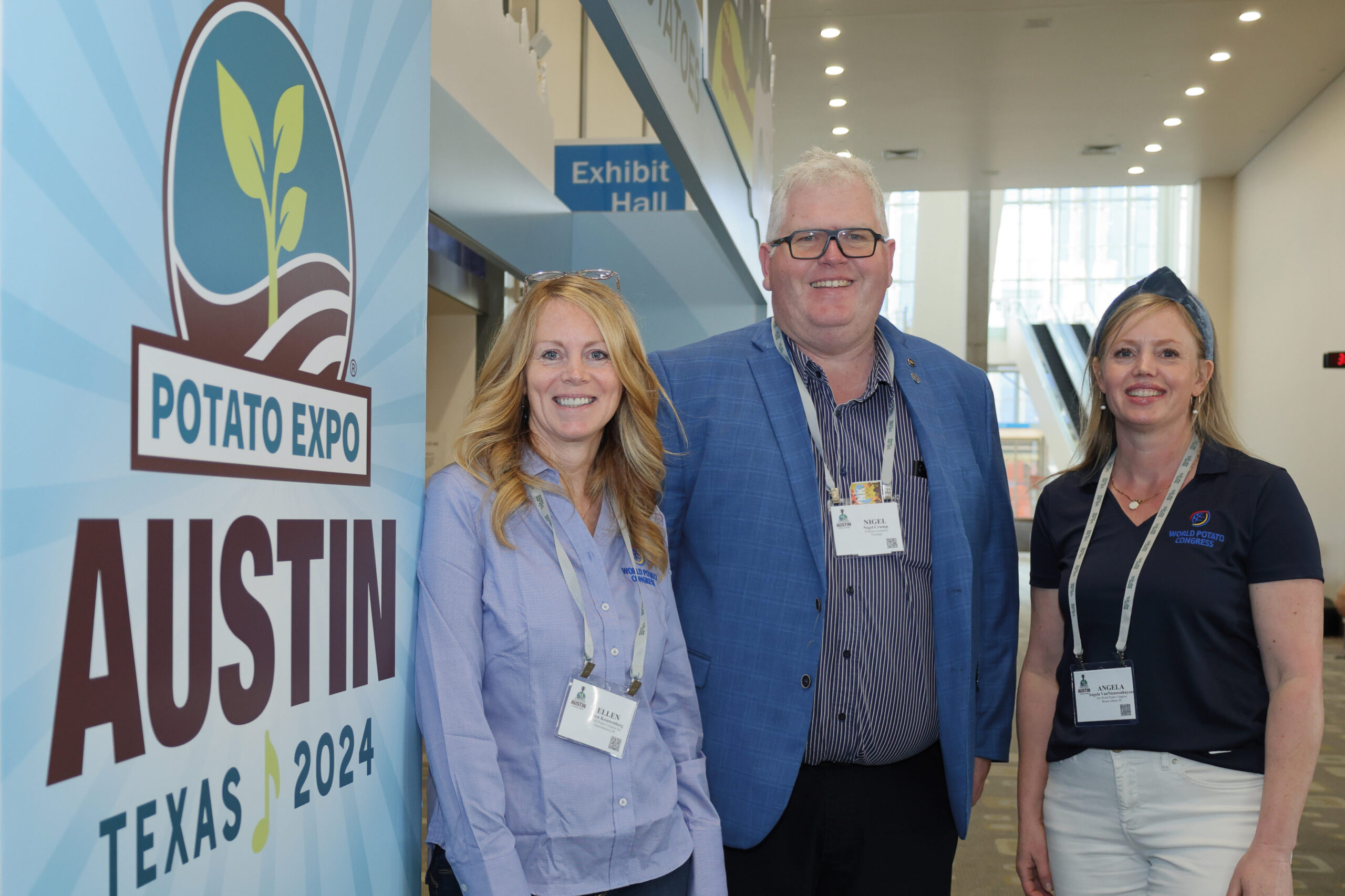
Potatoes Australia has already announced a number of high level speakers from all over the world. One of the speakers who connects the old world with the new is Charles Miller, Director of Strategic Alliances and Business Development at Solynta, a Dutch company that, since its founding in 2007, has been dedicated to developing new potato varieties through non-GMO hybrid breeding. He will explain how true potato seeds can contribute to better food security and farmers’ economics and how the company has successfully entered its commercial stage. He sees that the demand for true potato seeds is increasing rapidly. As Europe’s potato producers are facing the devastating effects of climate change, themes such as global food security are becoming more topical each year. ’Fortunately, the latest varieties of hybrid potatoes that have been developed through Solynta’s hybrid breeding technology are the first to positively affect food security worldwide. Availability of the seeds is year-round, shipment is easy and lightweight, without any quality loss as true seeds are absolutely disease-free. They will not perish during storage or transport, as is often the case in traditional potato seed tuber shipments. Additionally, only 25 grams of true potato seeds are needed to replace 2,500 kg of tubers per hectare’, he explains a possible new world of potato production. The company is now commercially active in both Europe (including Eastern Europe) and Africa. He reveals that field tests with new hybrid varieties are already being done in 5 continents. Other speakers are: Dr Dave Douches, Dr Guy Hareau, Ryan Barrett, Dr Paul Horne, Prof David Hughes, Wachira Kaguango, Dr Monica Parker, Blair Richardson, Chunzhi Zhang and Cedric Porter. But the programme is still developing. Visitors can order their tickets and see the latest announcements of speakers on the website, and also learn more about the partner programmes, tours and other exciting details about the Congress. Anticipated to attract over 1,000 delegates from around the world, the World Potato Congress 2024 promises an exciting and informative programme covering all facets of the potato supply chain. Crump invites you to ’Join us in Adelaide for a transformative experience that goes beyond borders and contributes to the global dialogue on sustainable agriculture and food security’. ●
Jaap Delleman, in cooperation with the Australian PotatoLink team.
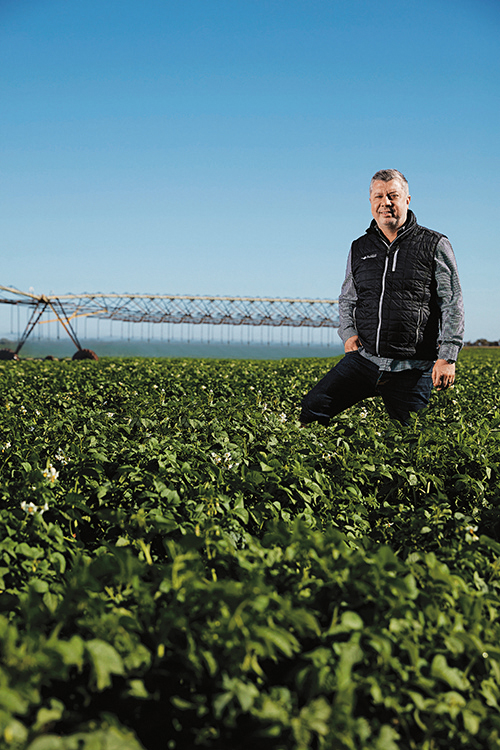
In addition to the conference, practical visits will also take place. On Monday 24 June, a visit to the South Australian Produce Market is scheduled in the early morning. This is the main wholesale fresh produce market for the county. Every year, more than 250,000 tonnes of fresh produce with a wholesale value of more than 590 million Australian dollars are traded here between wholesalers, growers and retailers. On Wednesday, a tour is planned to the nearby Mitolo Family Farms, a large pre-packer in Australia. It is also possible to visit the nearby Kangaroo Island on this day. Despite its small size and population of only 5,000 people, Kangaroo Island, with its natural isolation, is a significant contributor to the Australian potato industry due to its stringent bio-security. When it was identified as an opportunity to provide secure potato seed, several specialist seed potato growers began production on the island. Earlier surveys involving soil and plant sampling showed that Kangaroo Island was, at the time, free of soil-borne diseases. To protect this unique environment, Kangaroo Island was designated a quarantine area with several regulations that minimised the risk of disease introduction. In 2019/2020, the island was severely affected by the devastating Black Summer bushfires that ravaged over 240,000 square kilometres across Australia. These fires had a profound impact on Kangaroo Island’s seed potato producers. Some growers were forced to evacuate as the fire swept through their property, destroying not just their sheds, but also their homes and equipment. Other potato producers on the island also suffered losses, including crops, sheds, and farm infrastructure. A few years and a global pandemic later, with assistance from bushfire recovery support grants and loans, some have been able to rebuild facilities, including new sheds equipped with cool rooms for seed potato storage, new grading plants and workers’ accommodation. While the fire took a significant toll, such facilities will elevate agricultural practices on Kangaroo Island by increasing the tonnage of seed potatoes produced. Kangaroo Island illustrates Australian potato producers’ resilience and innovation, thriving despite the many challenges they face. This is where Peter Cooper of Cooper Farming grows high-quality seed potatoes for the region. Cooper Farms is one of the many stops on the post-Congress tour to Kangaroo Island.
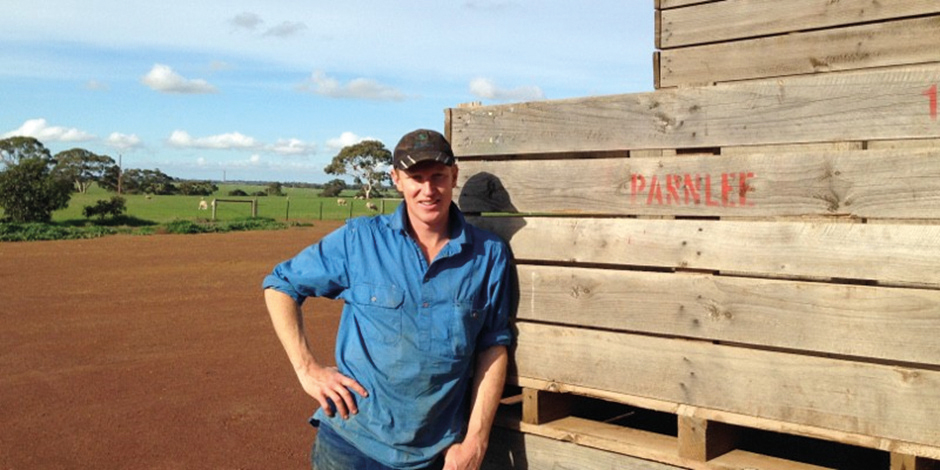
Events
©2015 - 2024 Potatoworld | Webdesign and realisation COMMPRO